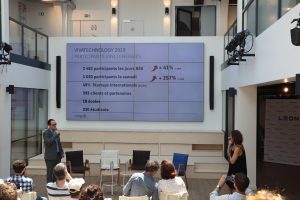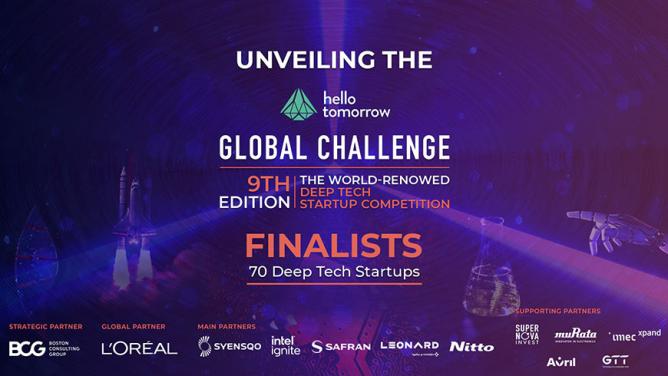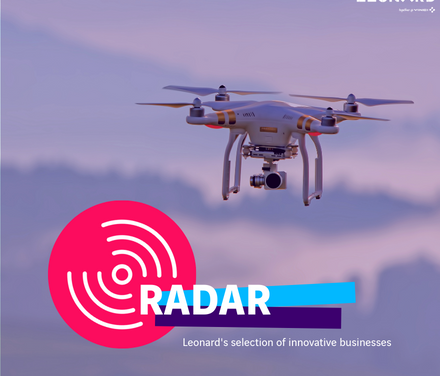VivaTech, a major event for VINCI
For Guillaume Jarlot, head of the VINCI VivaTech project, there were four main reasons behind VINCI Energies’ participation in VivaTech: to have its teams assimilate the ecosystem’s methodology, to open up to the international arena, to showcase VINCI as a major player in innovation and to create synergies within the group. This is how big corporate clients such as Michelin have discovered a capacity for innovation that they never knew they had and come to understand their company’s cross-business dynamic.
“VivaTech’s goal is to get away from the standard pitch,” explains Lydia Babaci-Victor, innovation director at VINCI Energies. At the 2019 event, VINCI Energies was one of the groups to propose a challenge that promised award-winning startups a special partnership for developing their idea. The challenges focus on a variety of topics identified both by VivaTech and by major groups such as VINCI.
Improved recycling in transit areas with Lemon Tri
By way of introduction, Elliot Nakache, Lemon Tri’s business developer, pointed out that, in Paris, only one plastic bottle in 10 is sorted outside the home due to a lack of education and equipment. Lemon Tri is trying to remedy this situation with its range of specialist non-domestic waste sorting equipment. The equipment itself does the sorting, rather than the user. It also stores the waste and gives an incentive to users – a price reduction token or message, for example. Lemon Tri then collects the waste to transmit it to treatment centres after preparation and packaging to guarantee its traceability.
Startup Lemon Tri won the first challenge proposed by TG concept, an equipment integrator for airports, to come up with a waste recycling system for airports. Numerous full bottles are confiscated at airport security barriers, making sorting difficult and complicating the work of maintenance staff. Lemon Tri installed a machine that separates the liquid from the packaging and then crushes the packaging, while distributing reduction coupons on certain airport products to passengers who recycle. The project received the public’s award and would be complementary to customer TG concept’s skills.
Four-by-four robot for monitoring industrial sites
Rovensa, meanwhile, won the RTE challenge on asset management with a robot capable of replacing camera systems for monitoring industrial sites. Thomas Estier, co-founder of Rovensa, points out that monitoring these sites currently calls for expensive and not very efficient camera systems since they require human intervention to handle each anomaly detected.
Rovensa’s solution is a wheeled robot that can be used to monitor spaces instead of a camera system. Equipped with walking robot mobility, it is more energy-efficient than crawler tracks but can still get over all sorts of obstacle. The robot scans its environment in 3D to better detect anomalies and contact people to intervene if necessary.


